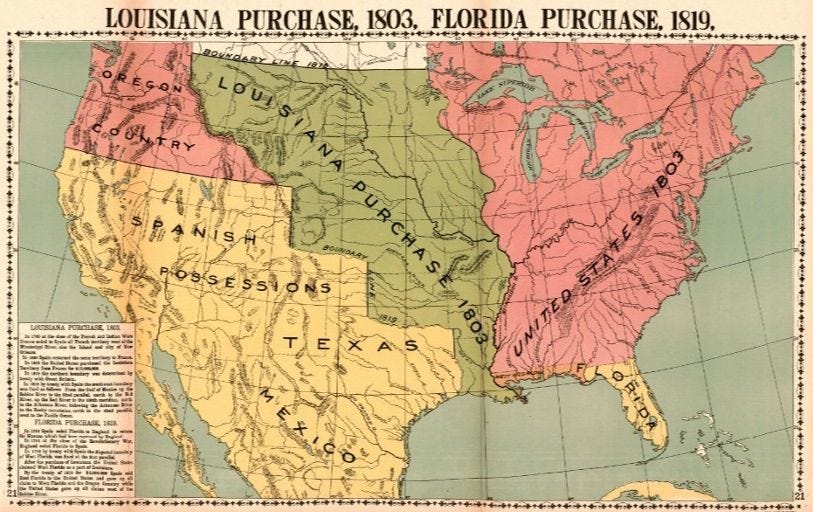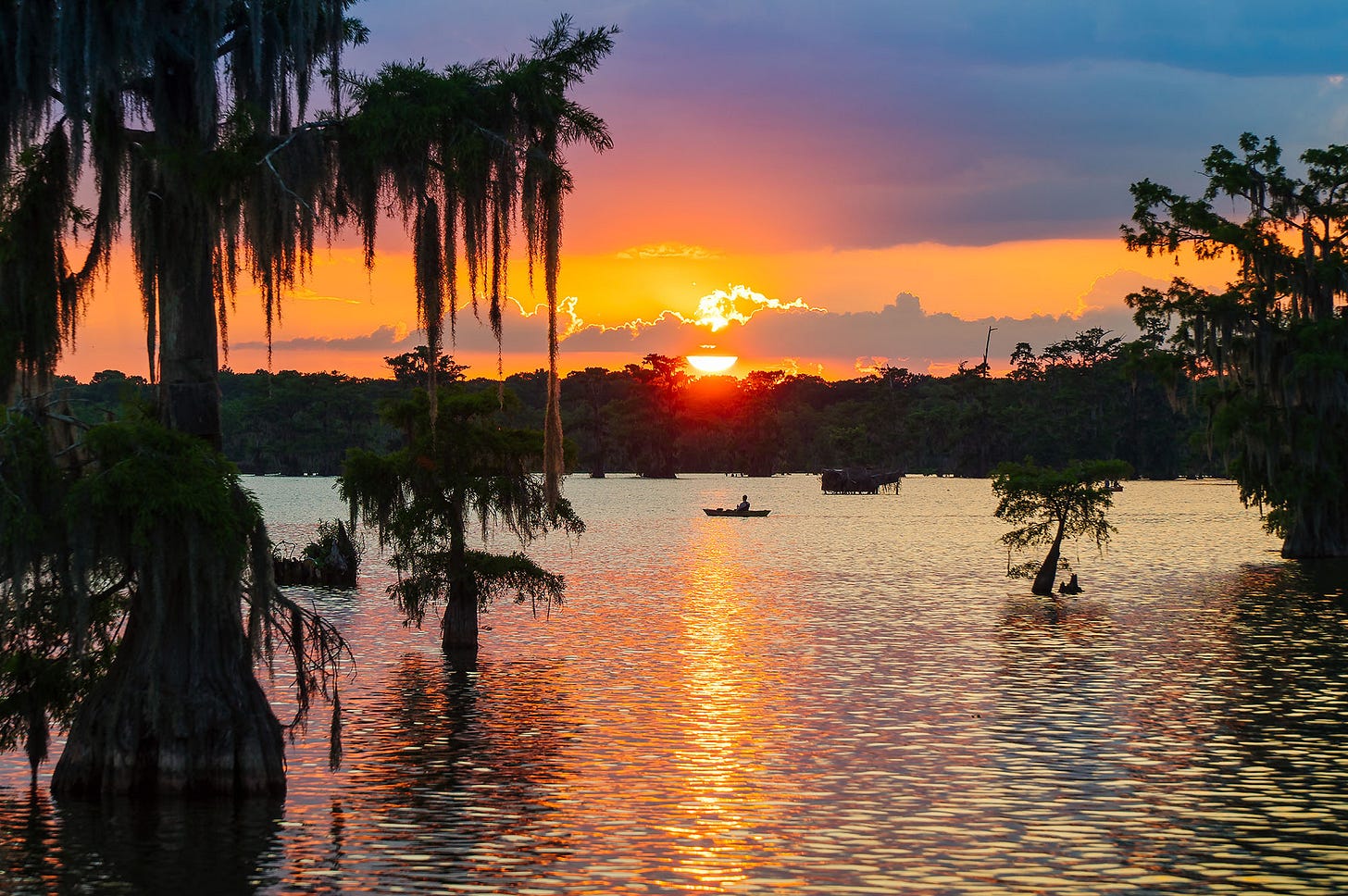I don’t think I’ve truly ever felt American.
I was born and raised in America, technically, but Louisiana never really felt like America. At least not where I was. We were our very own country, painfully misunderstood by out-of-towners.
Drive a state-and-a-half away, and it’s a different world.
I didn’t have any understanding of “America” in a patriotic sense in my younger years. I knew Louisiana was where I lived, a land rich in culture and history and ancestry. I knew my home.
I don’t remember being told I was an “American” until I was 5.
I was in kindergarten when 9/11 happened, barely cognizant, but aware enough to know everyone was sad. From then on, everyone was so proud to be American, to live in America, to be patriotic, but I never quite understood what that meant.
After that, I heard all my childhood: “you’re so lucky you were born in the best country on earth.”
It didn’t really make sense to me to pit countries against each other at the time, and it still doesn’t, but I’d nod my head and go along with it.
Then, it’s 2005.
Katrina hits. All hope is lost. Our world effectively ends. No one is there to help us pick up the pieces.
“No one is coming for you,” they say. “Louisiana is on their own.”
I wonder now how my grandfather must have felt hearing no one was coming for us.
He was drafted to Vietnam, watched his brother die slowly from Agent Orange exposure, but eventually made it home. I imagine what he felt hearing no more choppers were going out of Vietnam. I wonder who he knew that was left behind.
I wonder who I knew that got left behind in Katrina.
“We will not save you. You are refugees.”
We were American citizens in one of the largest cities in the country, the third largest port in the nation, and yet we were still considered “refugees”.
We were in our own home country.
Our people lose everything, have to evacuate, and are hated in the states we run to for safety.
Martial law begins.
My dad is missing for 24 hours after he goes to get gas. My mom is catatonic, staring at the door in silence while I beg her to tell me what’s wrong.
I’m 9. She tells me to go watch my brother.
I remember every moment of it. They have repressed every memory they can.
I’ll never fault them for that.
A child’s memory is a powerful thing. I remember every moment of living through Hurricane Katrina, but the next few years of my life are a complete blur.
I don’t remember turning 10. Or 11.
Both of those birthdays were celebrated in Louisiana. In America. A home within a hostile living situation.
But what I recall most is the feeling of being othered. Telling people what we went through to be met by scoffs and brushed off like nothing.
I started speaking out about my experience with Katrina in my late 20s, and to my surprise, I had a receptive audience.
These were people who cared deeply for those around them in the world, people who knew resilience when they saw it, people who had also been othered.
Now when I use my voice, those people listen. Those people whose opinions I respect and whose humanity I admire.
I scream myself hoarse after having been muzzled for years, and I find that now when I yell into the void, there are people inside it. The very same people that scream to be heard themselves.
It’s like stumbling through the dark for years and suddenly being thrown in front of a mirror. My words are a reflection of the loss I had to survive.
Everything was stripped from me at an early age, all wool was ripped from my eyes before anyone could be ready. I was born and raised and steeped in fear. I learned what hell looked like before I lost all my baby teeth.
And now I stand before you, open and vulnerable down to the depths of me, and I do it because I finally shed the snakeskin of terror that clung to me for so long.
There is no time to be ready. There is no preparation.
There is only now.
There is only so much fear that can grip you before you begin to pull back.
It takes a lot of strength to cut that cord, but when it’s finally time to free yourself, your inner voice will know how.
It’ll feel like home.






